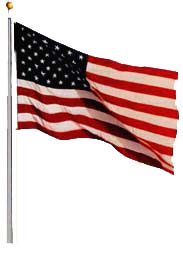FLUIDS
It is written in Plain Questions,
Chapter 21 “After food enters the stomach, the Qi food essence and water
is transmitted to the spleen, which spreads it to the lung. The lung
regulates water passages and transmits the Qi of water to the bladder
below. The Qi of water then spreads… and travels along the meridians of
the five Zang organs”.
Further it is
written in Plain Questions Chapter 8, “The
Sanjio is the irrigation officer who builds waterways”.
One test question, which is of little importance but always asked, is
“What is the official Aqueduct of the body?” The answer is the Lower
Jiao.
Body fluids are
formed from food and liquid digestion and absorption by the spleen and
stomach and precedes as water. Fluids also are sent downward from the
stomach to be absorbed by the Small and Large Intestines. It is then
sent to the bladder via the San Jiao and excreted.
Interstitial
fluids, gastric secretions, saliva, sweat and urine are considered
fluids as opposed to blood. Fluids serve to moisten and partly nourish
the tissues, cells, membranes, hair, skin, flesh, muscles, joints,
marrow, bones, organs and the brain. Fluids are considered Fundamental
Substances unlike Shen. However the fluids are held as less refined or
essential as Qi, Blood, Jing and Shen.
When one
ingests foodstuffs, fluids are derived and regulated again by the Qi of
various Organs particularly the Kidneys. Every one of these subsets
that we have discussed in this first section have interrelationship.
Fluids depend on Qi, and the Qi depends on the Fluids to moisten and
nourish the Qi Organs.
Fluids and
blood are interconnected. They differ in their degree to nourish, as
blood is considered more potent. Fluids enter and unite with the
purified food as blood is made. An example is when a severe hemorrhage
causes insufficient Fluids or, conversely, when damage to the Yin Fluids
causes Deficient Blood. Dry Heat is Yang.

![]()